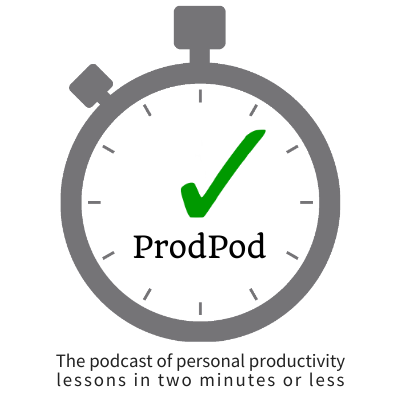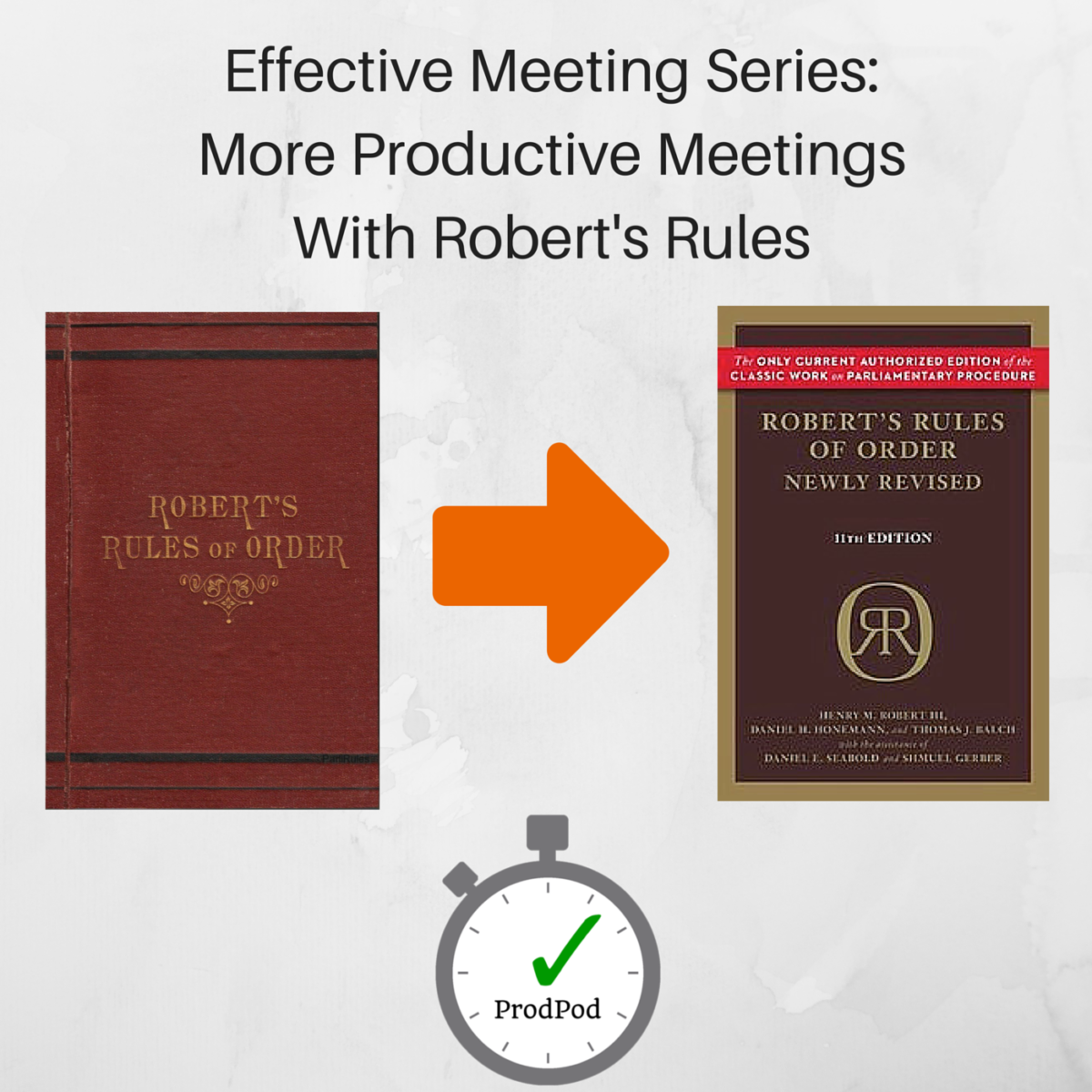Podcast: Play in new window | Download
Subscribe: Apple Podcasts | TuneIn | RSS | More
In a nutshell: While Robert’s Rules of Order may seem outdated, outmoded, prescriptive, and even restrictive, you’d be surprised what a little bit of parliamentary procedure can do to make meetings much more highly productive. The episode is the first part, giving some context with important productivity principles for using parliamentary procedure in meetings.
When Brig. Gen. Henry Martyn Robert proposed the use of parliamentary procedure for common meetings back in 1876, he likely didn’t foresee the future of meetings as they happen today. However, while seemingly an anachronism or overly formal to some of you listening/reading (unless you yourself are a parliamentarian), Robert’s parliamentary law was as needed back in the 19th century as it is relevant today for the future of work to be done in more transparent, collaborative, and productive ways.
By creating some fundamental principles for our meeting to operate, whether using actual Robert’s Rules of Order or those of your own creation, you can then plan, manage, facilitate, and post-manage meetings and their outcomes with greater ease. Here I present the principles that every meeting attendee should be made aware of, and then I propose some modern language for some universal, productive meeting purposes.
First, the fundamental principles of Robert’s Rules of Order Newly Revised Edition, now in its eleventh rendition as of this recording, create some great guidelines I’ve translated for modern business meetings, as follows:
- Meetings are there for people to present ideas to take a position or make action. Create a means for propositions (i.e., propose a position) for your meeting attendees to discuss or debate.
- Meetings shouldn’t be filled with topics of interest by only one person in attendance. You know that guy or gal! (Perhaps it’s you!) So, you must counter-balance one-person-interest topics by getting someone else in attendance to support that discussion’s addition to the meeting agenda.
- Meetings must create, as the book, How the Wise Decide, by Aaron Sandoski and Bryn Zeckhauser, a culture of candor. People must be given the ability to present their knowledge, wisdom, and opinions in open forum with confidence. That means presentation of good, bad, popular and unpopular ideas during debate should be decoupled from the person.
- Meetings must come to decisions to move on with business. Meeting facilitators must make the decision-making process faster, more expedient while fitting organizational culture and greater transparency.
The modern business meeting needs to have a framework to make them most productive and I think Robert’s Rules of Order still provides that 140 years later. In the next episode, I provide some practical steps to making meetings more effective.

